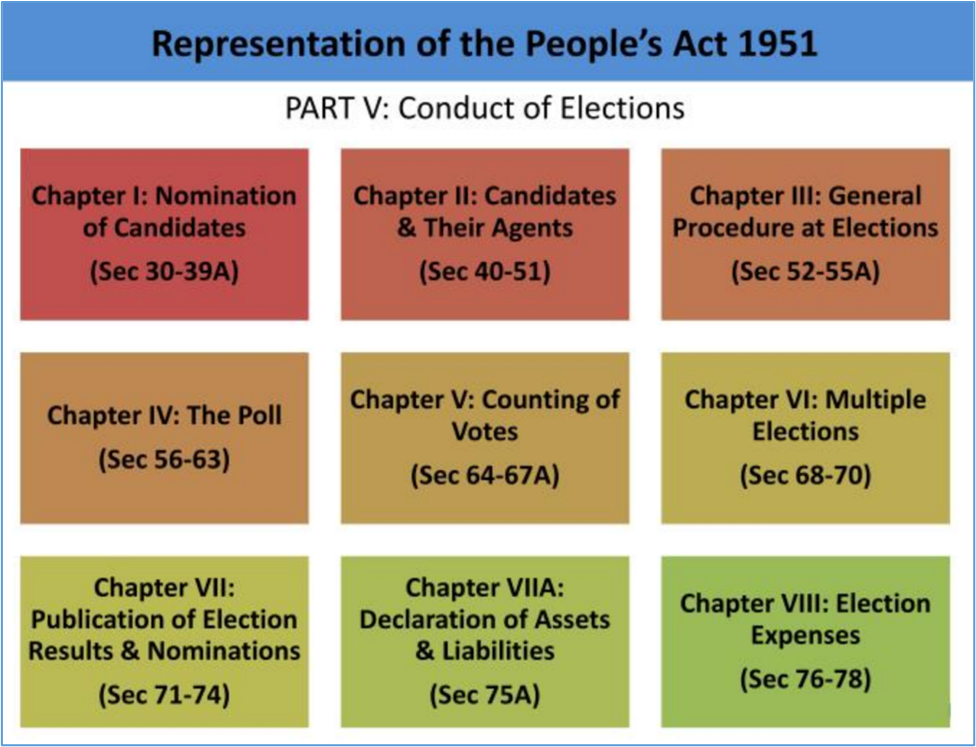PREVIOUS
Rules on contesting seats
May 17 , 2024
193 days
319
0
- According to the Representation of the People Act (RPA), 1951, a candidate is permitted to contest an election from up to two constituencies.
- But he or she can hold only one seat at a time if elected from both.
- A sub-section, 33 (7), of the RPA, allowing a candidate to contest from two seats, was introduced through an amendment in 1996.
- Prior to which there was no bar on the number of constituencies from which a candidate could contest.
- However, Section 70 of the same Act stipulates that a candidate can hold only one seat at a time, regardless of whether he or she has been elected from more than one seat.
- Thus, if a candidate wins from two seats, a byelection is necessary from the seat he or she vacates.
- Moreover, a person has to be a voter in a particular State to contest Assembly polls from there.
- But to contest in a Lok Sabha election, a person can be registered as a voter in any constituency of the country.
- If a person is a registered voter in any constituency, he or she can contest from any seat in India, except Assam, Lakshadweep and Sikkim.

Leave a Reply
Your Comment is awaiting moderation.


